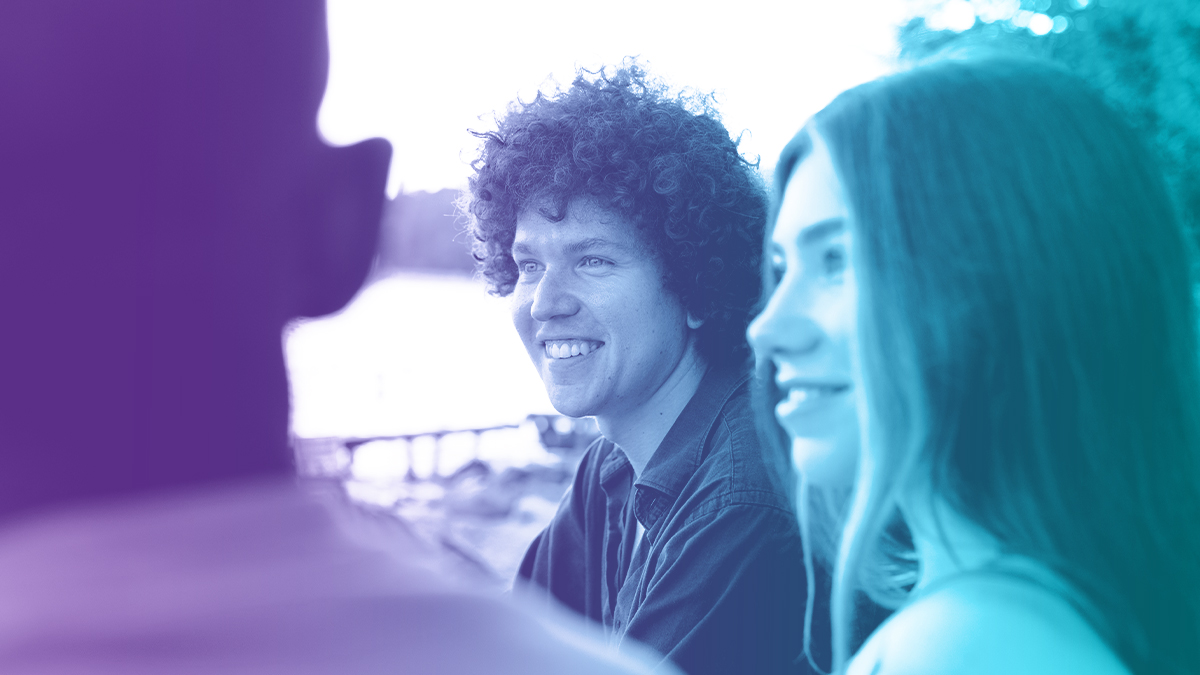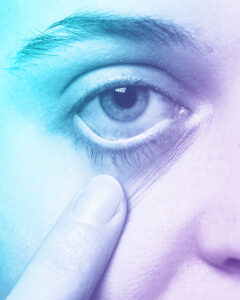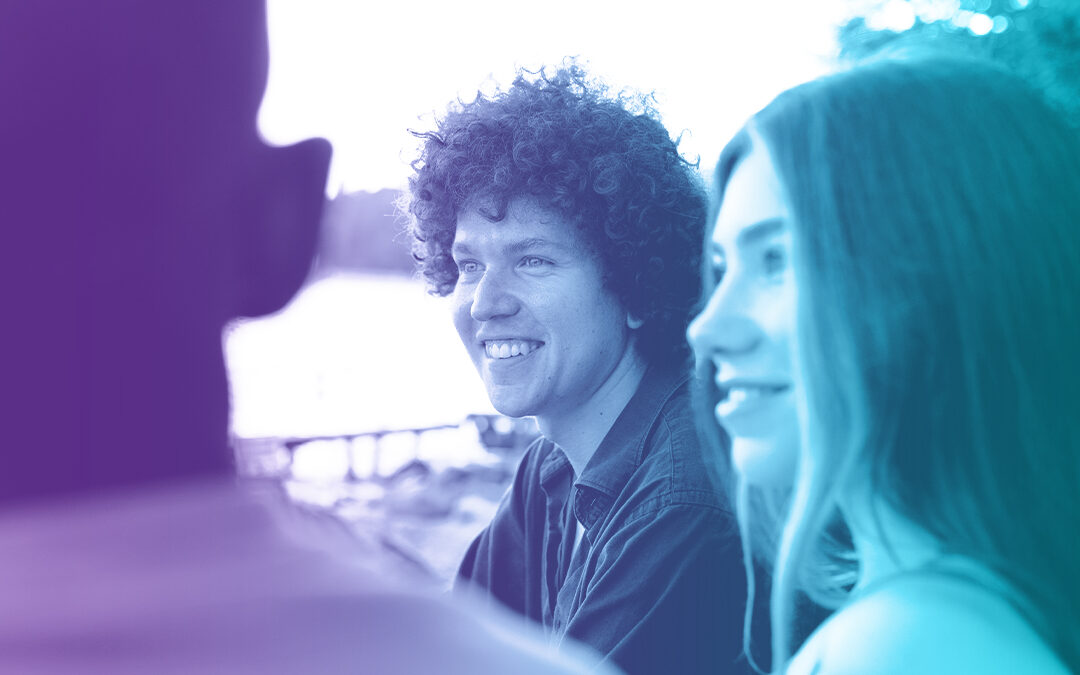Alcohol Eyes
You have always been a lone wolf. With bouncing in and out of foster homes, you learned early on that you only had yourself to rely on. There were challenges along the way, and you tended to use alcohol to numb a lot of your feelings. This helped keep you in homes for a little longer, but ultimately you would get sent to another home.

As you got older, you were determined to do the right things. You worked your way up at your job and stayed dedicated, faring well for yourself. A car, an apartment, and some decent furniture later, you really felt like you had it all. Sure, you still liked to drink, but it was never an issue for you. You started dating a nice, well-respected coworker, and the two of you hit it off right away. She said the one thing she would not tolerate is drinking. You have been doing it your whole life, surely you could continue and she would never know. Until one day she comes home and is immediately angry at you. How could she know you had half a fifth already? She says she can see it in your eyes, you are drunk yet again.
In 2019, Almost 20% of Manatee County residents reported heavy or binge drinking. At Clean Recovery Centers, we understand how alcohol affects all aspects of the body and mind. Our program addresses mental health at every phase of treatment, and we can even treat mental health conditions as a primary diagnosis. Our blog serves as a free resource for families and loved ones to learn about alcohol use disorder. Today, we are looking at alcohol eyes – how alcohol can change vision and cause problems.
The Eyes and Alcohol: What Happens?
Alcohol has numerous effects on the body, but many do not know the different conditions it can cause to the eyes. Moderate alcohol consumption typically does not lead to permanent issues and certain effects will clear up in a matter of days. For instance, alcohol causes dehydration, which can lead to dry and itchy eyes. Blood vessels also become dilated when alcohol is consumed, causing redness. With rest and hydration, the eyes return to a normal state rather quickly. However, heavy, prolonged drinking can lead to more severe consequences to the eyes.
Alcohol Use Disorder: The Harm to Your Eyes
Alcohol use disorder is often characterized by binge or heavy drinking. Over time, alcohol causes damage to different parts of the eye. Common conditions include:
Age-related macular degeneration – a condition in which the macula of the eye becomes damaged. When this happens, blindness is often the end result. It has been seen in those who drink heavily that macular degeneration is prominent, but the link is unclear. Alcohol is a neurotoxin and is said to damage the brain via oxidative pathways. This also affects the eyes directly.
Retinal vein occlusion (RVO) – a blockage in a blood vessel that carries blood away from the retina. In younger patients, it has been noted that RVO is linked to high alcohol consumption and severe dehydration. Symptoms include blurred vision and sometimes pain or swelling. There is no cure once the condition develops, but medications can manage and improve vision.
Central serous chorioretinopathy – a build-up of fluid under the retina. Alcohol is a known risk factor for the condition and can lead to distorted vision. Central serous chorioretinopathy typically clears up on its own but it can be re-occurring.
Alcohol-related optic neuropathy – papillomacular bundle damage. This is often related to color vision and peripheral vision. Chronic alcohol consumption can lead to lower levels of B12 and folate, leading to optic neuropathy. With stopping alcohol consumption and vitamin supplements, the condition is usually treatable.
Though some of these conditions can clear up on their own, others can cause severe and permanent damage. Alcohol can exacerbate the effects of these conditions, hindering vision and possibly leading to blindness.
How Alcohol Affects the Eyes in the Moment
Short-term effects of alcohol consumption are typically not permanent or damaging. Blurry vision, dry eyes, and light sensitivity are common during intoxication. Another tell-tale sign of alcohol consumption is called ptosis, or drooping of the eyelids. Alcohol relaxes blood vessels, which can also cause muscles to relax. The muscles controlling eyelid function become weakened, leading to droopy eyes. Once alcohol consumption is stopped and the person rests and rehydrates, vision returns to a normal state.
What Happens to the Eyes From Long-Term Drinking?
 As intoxication continues, vision changes become prominent. The communication between the brain and eyes becomes disrupted, causing color vision changes, increased light sensitivity, and blurred or distorted vision. Depth perception is also affected by alcohol. This is why driving while intoxicated is dangerous, the eyes are not seeing correctly leading to accidents.
As intoxication continues, vision changes become prominent. The communication between the brain and eyes becomes disrupted, causing color vision changes, increased light sensitivity, and blurred or distorted vision. Depth perception is also affected by alcohol. This is why driving while intoxicated is dangerous, the eyes are not seeing correctly leading to accidents.
As we talked about above, those with alcohol use disorder are more likely to have nutritional deficits. The eyes need carotene, vitamin B12, and folate to promote healthy function. Without a proper diet, the eyes can deteriorate faster than the person is aging. Vitamin supplements can help restore function to the eyes, but if they are left untreated for too long, permanent damage can occur.
The liver is one of the main organs affected by alcohol. When liver damage occurs, it triggers jaundice, or yellowing of the skin and eyes. Jaundice is one of the biggest indicators that there is a problem with the liver, even though it affects the eyes. It is caused by a build-up of old or dead red blood cells. Despite changing the appearance of the eyes, jaundice does not cause vision problems and can go away when alcohol consumption is stopped.
How to Prevent Getting Alcoholic Eyes?
The best way to prevent an eye condition from alcohol is to refrain from drinking. If you are already intoxicated, there is no way to prevent the eyes from feeling the effects. Drooping eyelids, dry eyes, and blurred vision only clear up after proper hydration and rest. Old wives’ tales such as drinking coffee/caffeine will not change the way alcohol interacts with the body, and can actually cause more harm than good. Stopping drinking and finding a safe way home is the best way to heal the eyes when intoxicated.
It is important to note that certain conditions of the eye cannot be reversed. Macular degeneration causes blindness, and there is no way to reverse those effects. Alcohol can increase the risk of developing glaucoma where the pressure in the eyes is too high. This condition also results in blindness even with treatment. Light to moderate alcohol consumption typically does not cause harm to the eyes, but those managing an alcohol use disorder will want to consider stopping drinking to prevent debilitating eye conditions from developing.
Getting Help for Alcohol Addiction in Manatee County, FL
Alcohol can affect vision and cause eye problems among many other physical and mental health symptoms. Managing an alcohol use disorder does not have to be permanent, and help is available to take back your life today. One of the main reasons people avoid treatment is because of alcohol detox, which can be uncomfortable and sometimes dangerous. Finding a trusted treatment program will ensure your safety and well-being while you transition from detox to therapy and skill-building classes. With medical professionals and guided therapy with peers, you will discover the root causes of your addiction and be ready to move forward to a bright, successful life in recovery.
If you or someone you love is managing an alcohol use disorder, look no further than Clean Recovery Centers. Our team is here to welcome you in and provide a safe space for you to heal. Our program goes beyond typical therapies and includes wellness components, such as brain mapping, chiropractic care, nutritional counseling, and much more. Call us today at (888) 330-2532 to learn more about our program offerings.
Get clean. Live clean. Stay clean.


